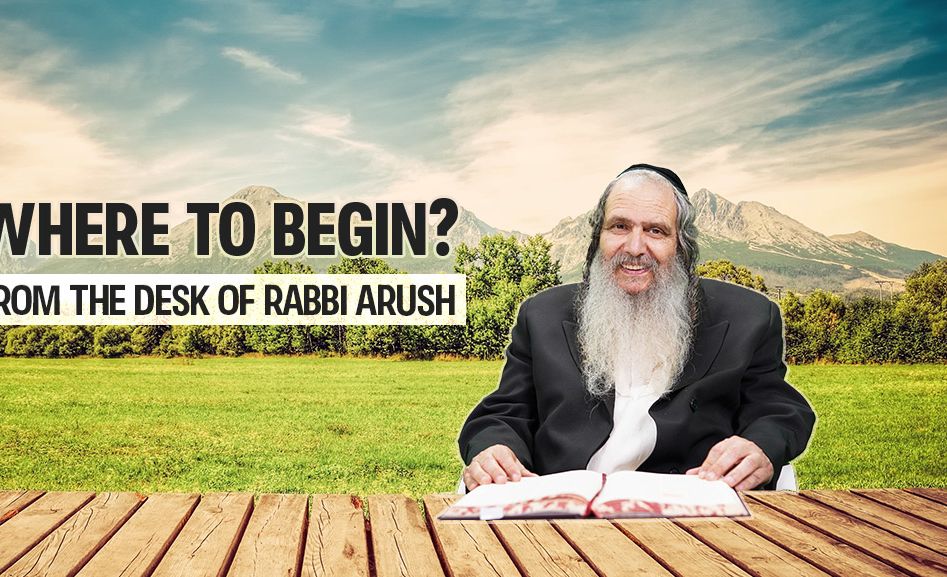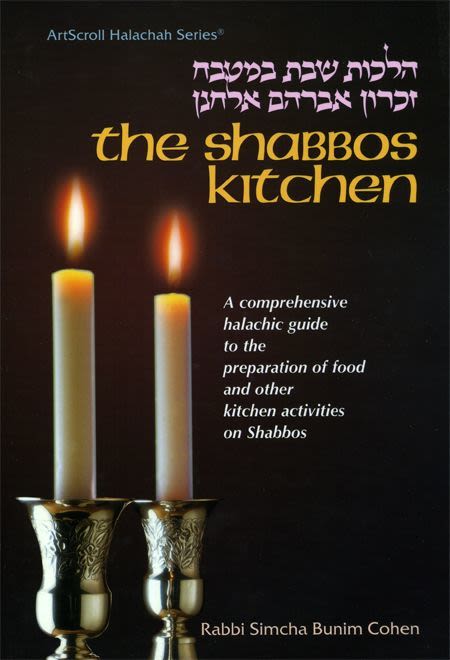
The Main Connection
The connection to Hashem by way of personal prayer becomes beautifully intimate in that each person can determine the time, place, language, dialect, and length of conversation...

Translated by Rabbi Lazer Brody
In Forest Fields, Part 4
 Speech is our main connection to Hashem. Hashem therefore enables us to speak to Him whenever we want, anytime. Even a person is the lowest possible spiritual level or situation in life can talk to Hashem. As previously mentioned, speaking to Hashem is the prime manifestation of emuna. Since emuna is one of the “constant mitzvoth” – in other words, a mitzvah that we perform 24 hours a day – then Hashem enables us to speak to Him whenever we want, 24 hours a day. Rebbe Nachman of Breslev writes (Likutei Moharan II:84): “Know that the main connection to Hashem is by way of prayer, for prayer is the gate that leads to Hashem.” Once more, prayer means to speak with Hashem. The Rambam says (see Rambam, Laws of Prayer) that prayer is basically speaking to Hashem in one’s own words, conversing with Hashem, expressing gratitude, and asking for all of one’s needs taking nothing for granted.
Speech is our main connection to Hashem. Hashem therefore enables us to speak to Him whenever we want, anytime. Even a person is the lowest possible spiritual level or situation in life can talk to Hashem. As previously mentioned, speaking to Hashem is the prime manifestation of emuna. Since emuna is one of the “constant mitzvoth” – in other words, a mitzvah that we perform 24 hours a day – then Hashem enables us to speak to Him whenever we want, 24 hours a day. Rebbe Nachman of Breslev writes (Likutei Moharan II:84): “Know that the main connection to Hashem is by way of prayer, for prayer is the gate that leads to Hashem.” Once more, prayer means to speak with Hashem. The Rambam says (see Rambam, Laws of Prayer) that prayer is basically speaking to Hashem in one’s own words, conversing with Hashem, expressing gratitude, and asking for all of one’s needs taking nothing for granted.The obligation of prayer is none other than an incentive for us to cultivate a close relationship with Hashem. The main connection to Hashem is by way of speech. In the case of personal prayer, this connection becomes beautifully intimate in that each person can determine the time, place, language, dialect, and length of conversation. This type of from-the-heart dialogue with Hashem was practiced by our ancestors way before Moses received the Torah on Mount Sinai. Hashem’s accessibility to each of us has been our source of strength and encouragement through two thousand years of exile and diaspora. The medium of personal prayer is centuries older than the prescribed prayers we pray today. In fact, the prescribed prayers were established by the Sages of the Great Assembly so that the oppressed and exiled masses wouldn’t forget how to pray altogether.
Arousing the heart
Hitbodedut – personal prayer in one’s own words – has the power of arousing the heart to yearn for and seek Hashem. Rabbi Yisrael Nachman Anshin of blessed memory once told the story of how he was traveling on a bus when he overheard two old men conversing with each other. One told the other that he had once spent the night by the holy grave site of Rebbe Elazar, the son of Shimon Bar Yochai, in Meron. While lying on an adjacent bench with his eyes closed about to go to sleep, he heard a simple-looking Jew pleading with Hashem in sincere personal prayer all night long. The old man told his friend that he was so moved that he couldn’t eat for the next twenty four hours.
On a subsequent trip to Meron, the old man again encountered the simple-looking Jew that prayed all night long beside Rebbe Elazar’s grave site. He discovered the young man’s name – Reb David Stempler, a Breslever Chassid and a factory worker from Tel Aviv that eked out a meager living sewing burlap sacks. The old man told his friend, “I’ve heard thousands of sermons and preachers in my life, but nothing ever aroused me to yearn for Hashem like that young man’s personal prayers.”
The above story tells us just how much personal prayer can arouse the heart. Here was a simple Jew pleading with Hashem in his own words, oblivious to anyone else and certainly unaware that anyone else heard him. His pleas to Hashem in sincere innocence had the power to stimulate and excite another person to seek Hashem. More than anything, our personal prayers have the power to arouse our own hearts.
Amazing power
Rebbe Nachman of Breslev says (Likutei Moharan II:98) that when a person prays with tenacity, even if at first his mouth and his heart are far away from each other, if he persists and repeats his prayers, then eventually his words will filter down to his heart. These words of personal prayer have an amazing power to work wonders in addition to arousing the heart. With such prayers, “even a broomstick can shoot” (ibid, 96).
Rebbe Nachman of Breslev also writes (ibid, 99) that when Hashem helps a person in his personal prayer, then he actually feels the warmth of a loving close friend in his midst, and sincere heartfelt words flow forth from his mouth.
To be continued.












Tell us what you think!
Thank you for your comment!
It will be published after approval by the Editor.